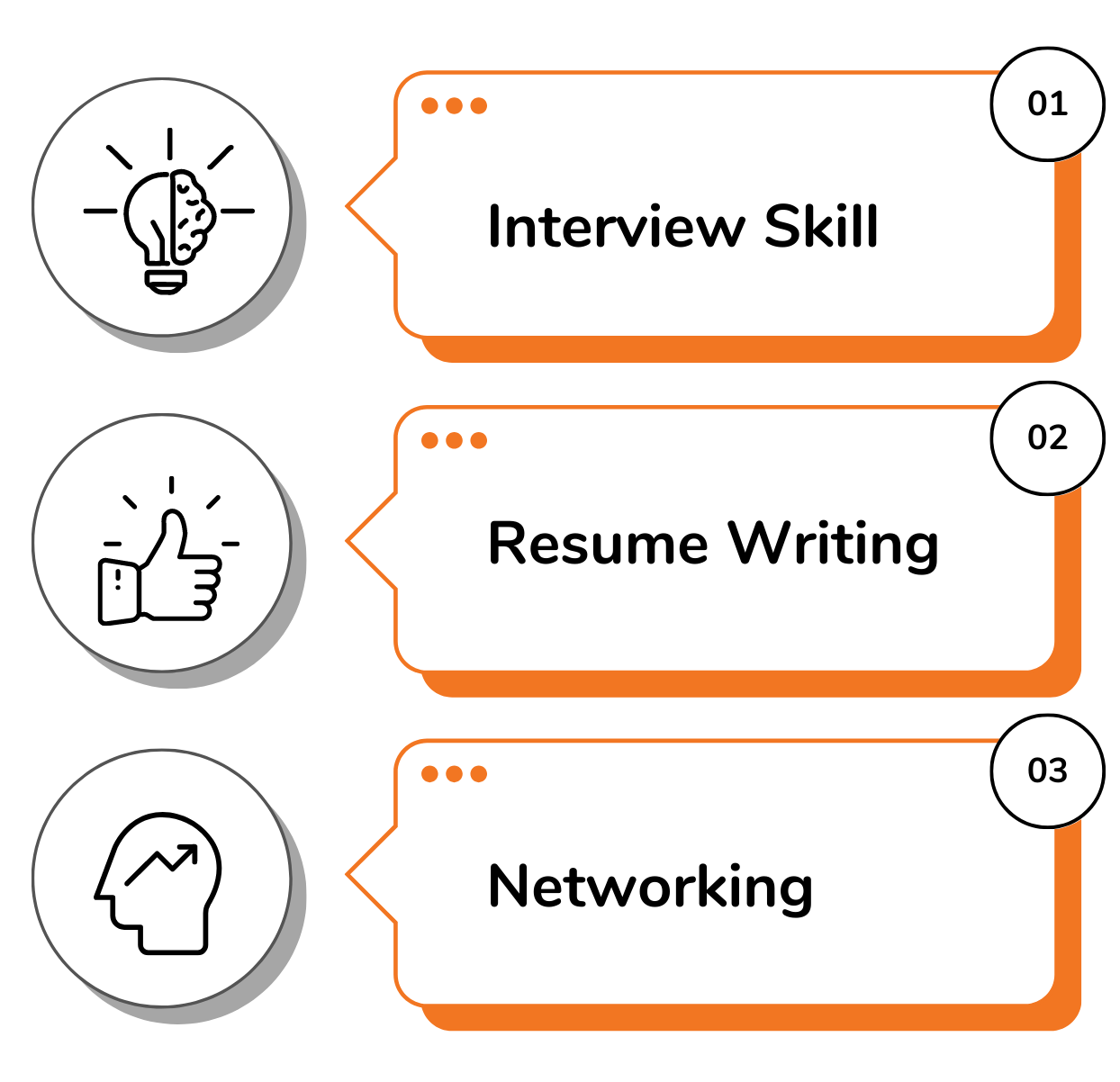Description:
Duration:

Eligibility:
Benefits:

Note: This syllabus provides a general outline for a Data Science course. The instructor can further customise it based on the students' needs and the course objectives. Additional topics like time series analysis, advanced machine learning algorithms, big data processing with tools like Spark, or deploying machine learning models can be included if desired.
Pune, Maharashtra, India
+91 7558555801
asdrinfotech@gmail.com
Copyright© 2022 ASDR Infotech - All Rights Reserved | Powered by ASDR Infotech Pvt.Ltd.